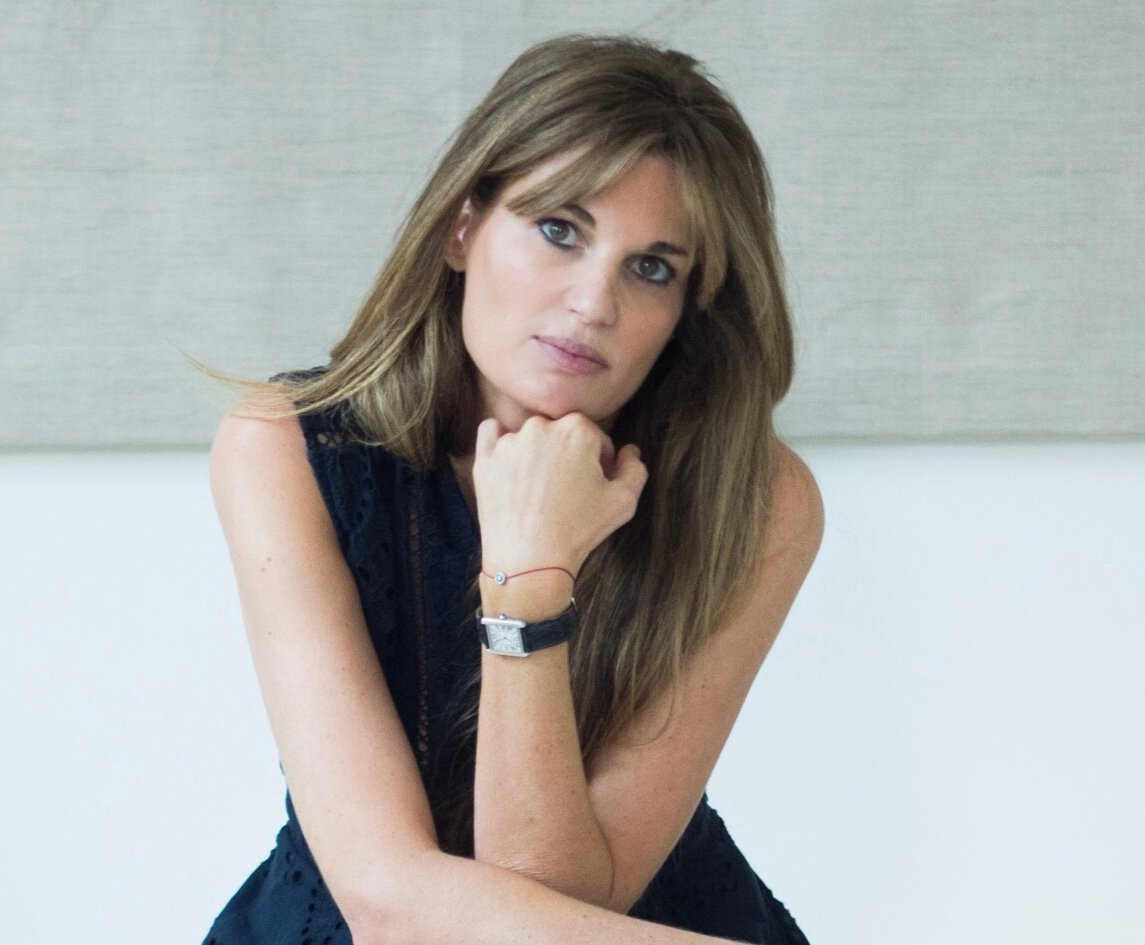Jemima Goldsmith has her hands full these days. The journalist-turned-producer is currently busy readying for her two upcoming projects. She, along with Ryan Murphey, is producing Impeachment, the story behind the infamous affair between then US President Bill Clinton and intern Monica Lewinsky. Jemima is also occupied with what many have called her personal story, What's Love Got To Do With It, starring Lily James, Sajal Aly, Farhan Akhtar, Shabana Azmi, Emma Thompson among others.
In a recent tete-a-tete with Evening Standard, the former wife of PM Imran Khan shared what inspired her to produce the upcoming shows. “The stories that I choose to explore are always ones that resonate with me on a personal level,” she told the publication. This isn't the first time Jemima has worked on the Clinton-Lewinksy affair. She earlier made a three-part documentary in 2017 after befriending Lewinsky at a Vanity Fair party in New York.
“Monica was really vulnerable because a famous actor had just said, ‘why did they let you in?’ I don’t think in England we have any real sense of the extent to which she was demonised. That was one of my big motivations for getting the documentary made and also this Ryan Murphy project," she said. The Clinton Affair was the first time Lewinsky had spoken in detail about what happened to her.
“During the interviews, she was describing the FBI sting, and I suddenly realised that the same year, in Pakistan, I’d had to leave the country because I’d also been threatened with jail on politically trumped-up charges. I’d been accused of smuggling antiques, one of the few non-bailable offences in Pakistan. I realised there were parallels, marrying an older, politically powerful man and being used to undermine him.”
Speaking of her other project, What's Love Got To Do With It, Jemima shared details about how it took her 10 years to pen down the script of a film which is heavily inspired by her time in Pakistan.
Discussing the time she spent in Pakistan, Jemima shared how her perception of arranged marriages changed. She commented, “When I went to Pakistan I probably had the same views as the rest of my friends about the concept of arranged marriage, which is that it is a mad, outdated idea." She continued, "But I came back after ten years with a slightly different view, whereby I could see some merits to it. In a world where we are led entirely by the idea of romantic love, if we could inject some pragmatism into that, a little more objectivity, then we might find a middle ground somewhere between passion and pragmatism, and we might make better decisions."
So much so, she had ended up arranges few marriages herself. “When I was in Pakistan I genuinely ended up arranging marriages. Quite often these children of friends of my ex-husband would say, ‘ok, we’ll have an arranged marriage, but can Jemima be involved’. That didn’t mean that the parents didn’t have ultimate sign-off, but I was part of the process, and I saw them play out. I don’t want to be Pollyannaish, because I know that forced marriage is a whole different thing. But when it’s what has come to be known as assisted marriage, I’ve seen it work very successfully.”
Jemima tied the knot with Imran in 1995 when she was 21 and he was 42 at the time. The author also spoke about her experience of marrying an 'older man with political influence.' She confessed, “It [marriage] is not a normal decision, aged 21, with all the freedoms and privileges that we grew up with, to essentially give those up, to go and live in an extremely black and white culture and adopt a black and white way of life and doctrine, with a man who was twice my age and a born again Muslim."
Jemima further remarked, “At that point in my life I found some reassurance in the prescriptiveness of that culture, that religion, that man. When my sister [India Jane Birley] was asked in an interview why I went there she said, very intelligently, ‘moral certitude.’ It was seen as this great amorous adventure and I am not sure that was the whole story. I would say, in retrospect, that moral certainty might have been more of a driving factor."
She then shared how the marriage possibly went astray. “But after ten years, what had felt reassuring — deferring to other people and not having to come up with solutions myself — began to feel like a loss of autonomy. As you get older you realise that you have the capacity to find some of the answers in yourself.”
Jemima also spoke about being right in the middle of the debate surrounding Jews and Muslims. "I do feel like I have an ability to see things from both points of view in a way that possibly some of my contemporaries, both in Pakistan or here, don’t," she said, adding, "I even feel like I am right in the middle of the Islamophobia and anti-Semitism debate because I’ve seen both at first hand. I’ve got half-Pakistani Muslim children and I was a young girl who was politically targeted because of my Jewish ethnicity. It’s an interesting perspective.”
Jemima signed off by wishing she gets time to pen her life in an autobiography. If I don’t write a book before I die, whether that is a memoir or a novel, then I will feel that I have failed,” she concluded.
































